Discovering Species of the South-West
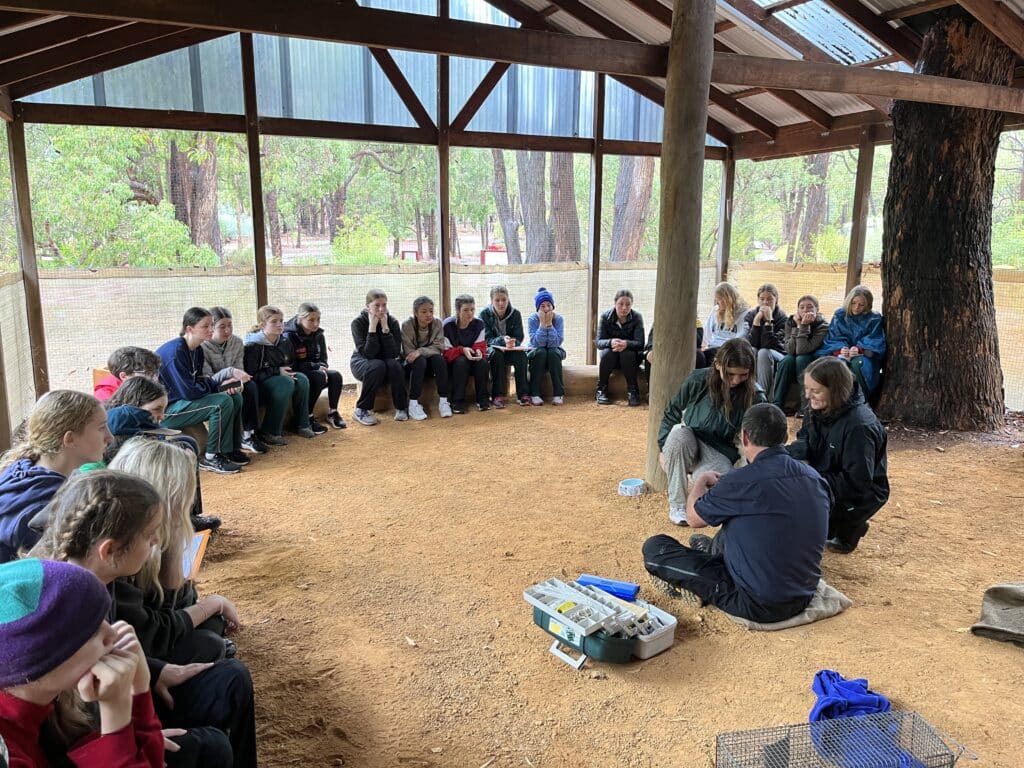
Last week our Year 11 Biology students stayed overnight at the Perth Hills Discovery Centre, where they participated in many activities to learn about species of the South-Western ecosystem. From setting up traps and processing animal data to the exciting moment of ethically capturing a rare animal, the students were able to participate in a range of experiences that they wouldn’t have been able to in the classroom.
We asked Callum Tilak, Biology teacher, some questions to learn more about Year 11 Biology and this exciting camp.
What topics are students learning about in Biology at the moment?
Students have been learning about ecosystems and population dynamics leading up to the camp.
Can you tell us about the activities students participate in on Biology camp?
Students learned about the Western Shield conservation program, which aims to protect the unique biodiversity of Western Australia through baiting invasive species and data collection via ethical animal trapping. The girls got to learn in a hands-on manner and had the opportunity to set up their own traps according to the three Rs of animal ethics – replacement, reduction and refinement. Students also learned how to process animal data, including age, sex, health, and size. The girls also completed a flora survey which involves identifying native and invasive plant species, understanding their role in the ecosystem, and analysing quantitative data such as leaf litter depth, canopy cover, species abundance, and species distribution. Students also got to experience two animal encounters, one with birds of prey, and another with various animals at a local rehabilitation clinic.
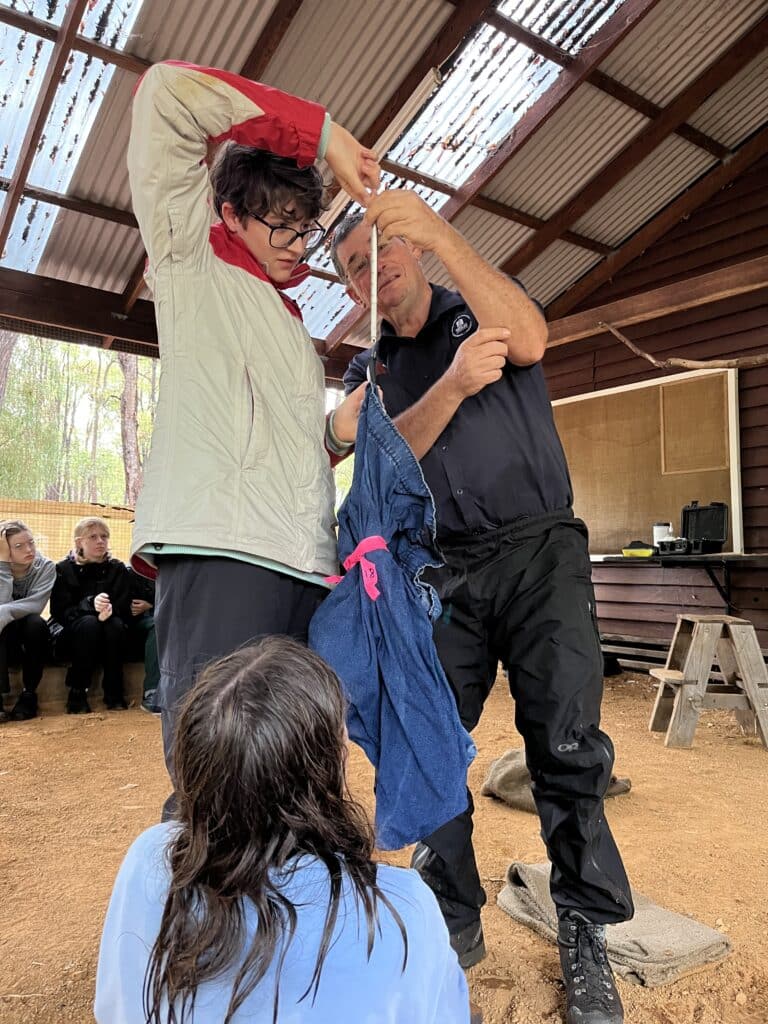
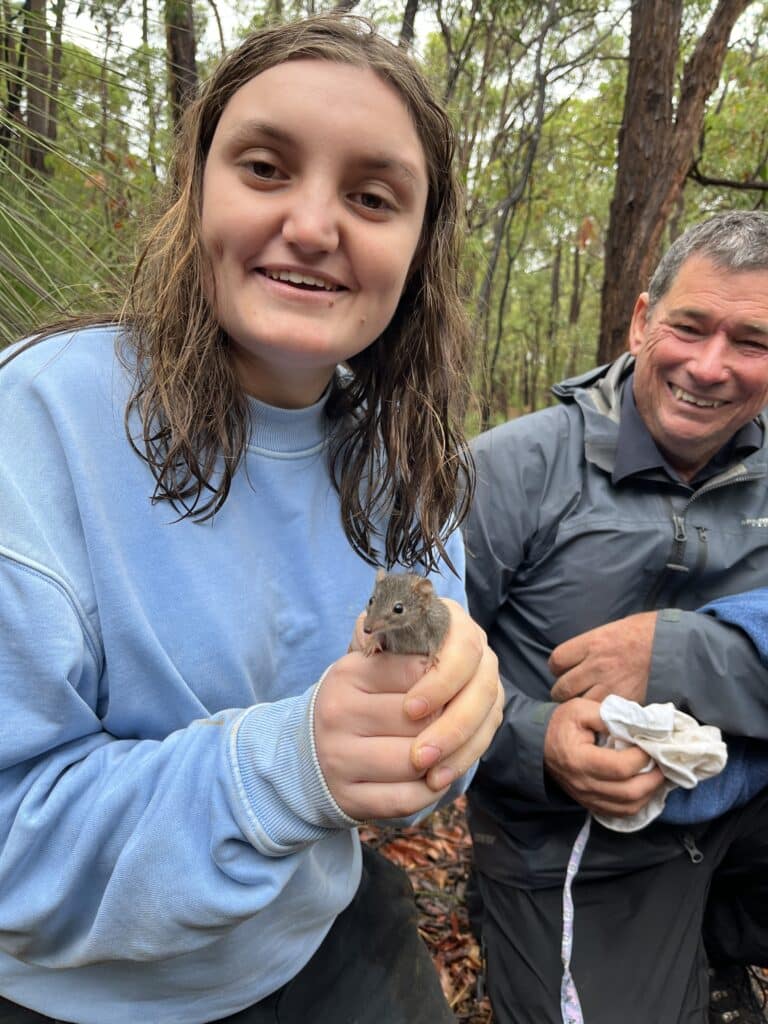
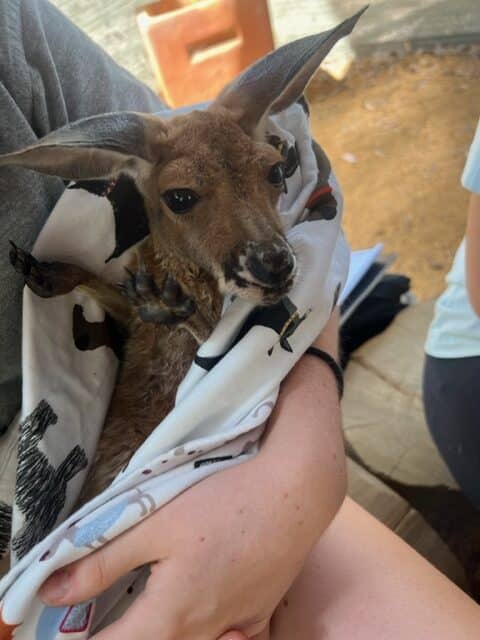
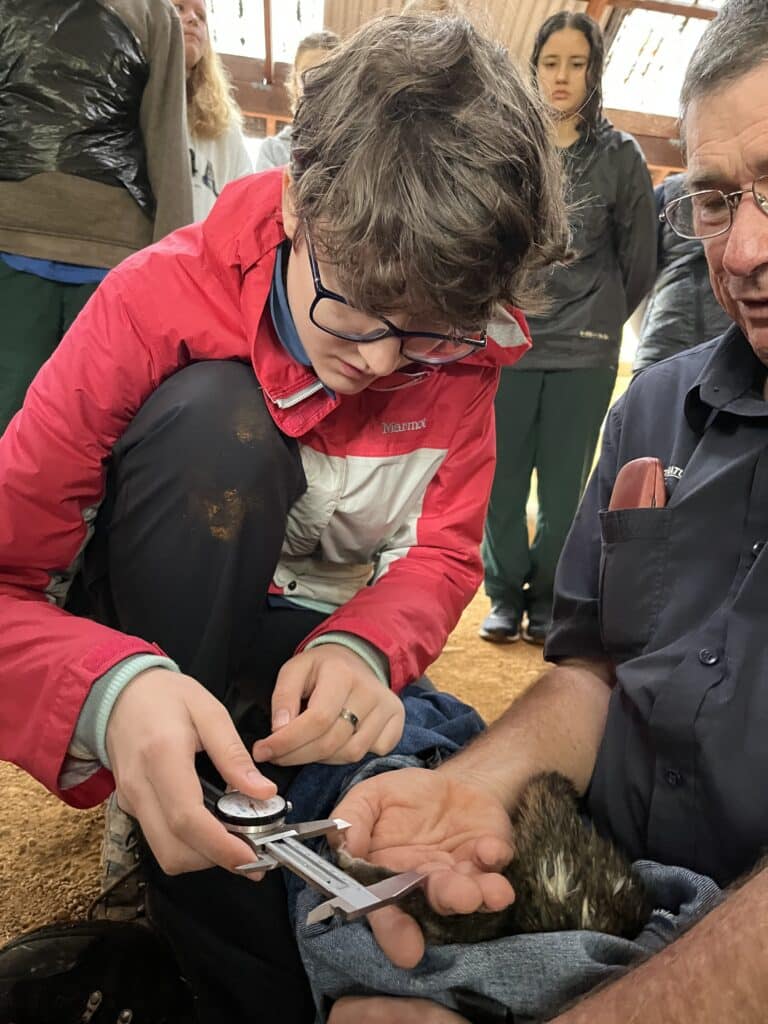
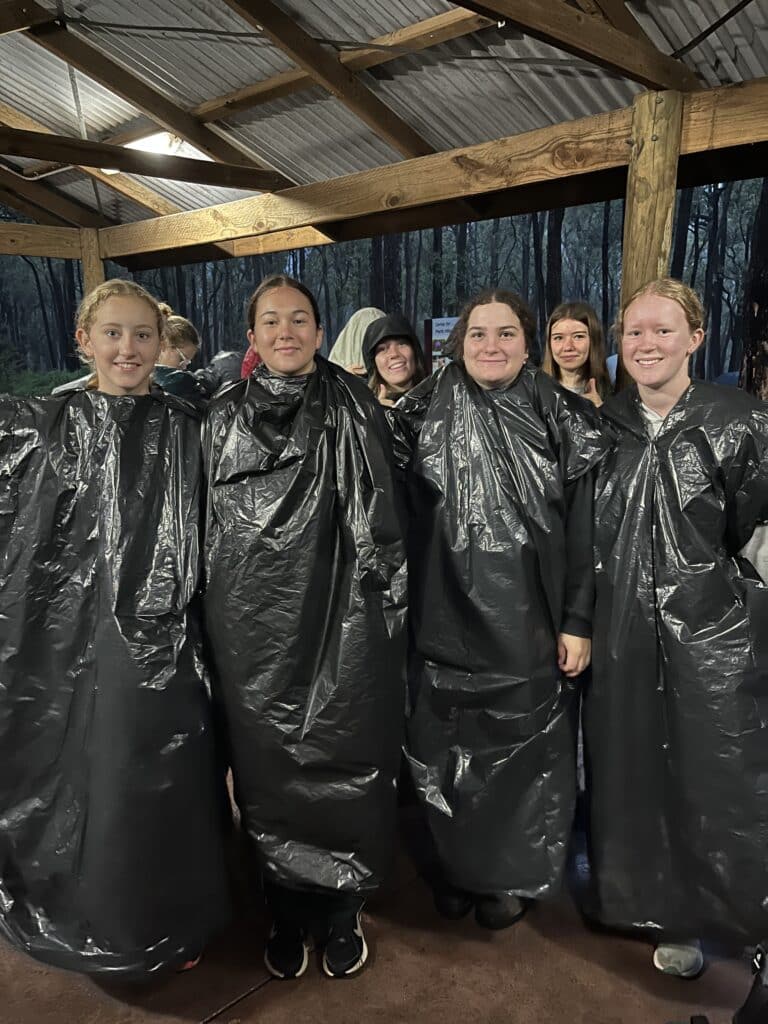
What assessments are the girls will be completing after the camp?
After returning from the camp, students complete a validation test on the key skills they learned, including quadrats, transects, animal trapping, animal ethics, and flora survey techniques.
What was a highlight amongst the group over the two days?
Students battled the weather conditions including strong winds and 11 mm of rainfall and successfully captured a rare Western Australian chuditch and the lesser-known mardo. These animals are incredibly rare; many people go without seeing one their whole lives. Both animals were in good condition which is amazing because it suggests that the ecosystem as a whole is relatively healthy. Seeing our students so determined and resilient despite the tough conditions was great. We are very proud of their efforts.
Why is this excursion beneficial to students?
The excursion benefits students because they are allowed to practice contemporary fieldwork techniques in a real ecosystem. The data they collect becomes part of an ongoing study that has been happening for over 10 years.
It is also beneficial because students gain a deeper appreciation for the South-Western ecosystem they are of a part of, including the unique species and their interactions.

Combating The Attention Spans Crisis In Our Students – Jennifer Oaten
It is no secret that attention spans have been steadily declining, especially among younger generations growing up immersed in digital technology. The average person’s attention span when using a digital device has plummeted from around two and a half minutes back in 2004 to just 47 seconds on average today – a dramatic 66% decrease over the past two decades.

Weekly Wrap Up: Term 2, Week 2, 2024
Week 2 has come to an end! This Weekly Wrap Up features highlights from Scuba Diving Club, the Sisterhood Series, and Boarding ANZAC Service.

Santa Maria Teams Shine in Term 1 Sports
Santa Maria had a huge number of girls in the IGSSA AFL and Volleyball competition with strong results for a number of teams.
- Featured, science, Year 11
Author: Santa Maria College
Santa Maria College is a vibrant girls school with a growing local presence and reputation. Our Mission is to educate young Mercy women who act with courage and compassion to enrich our world. Santa Maria College is located in Attadale in Western Australia, 16 km from the Perth CBD. We offer a Catholic education for girls in Years 5 – 12 and have 1300 students, including 152 boarders.






